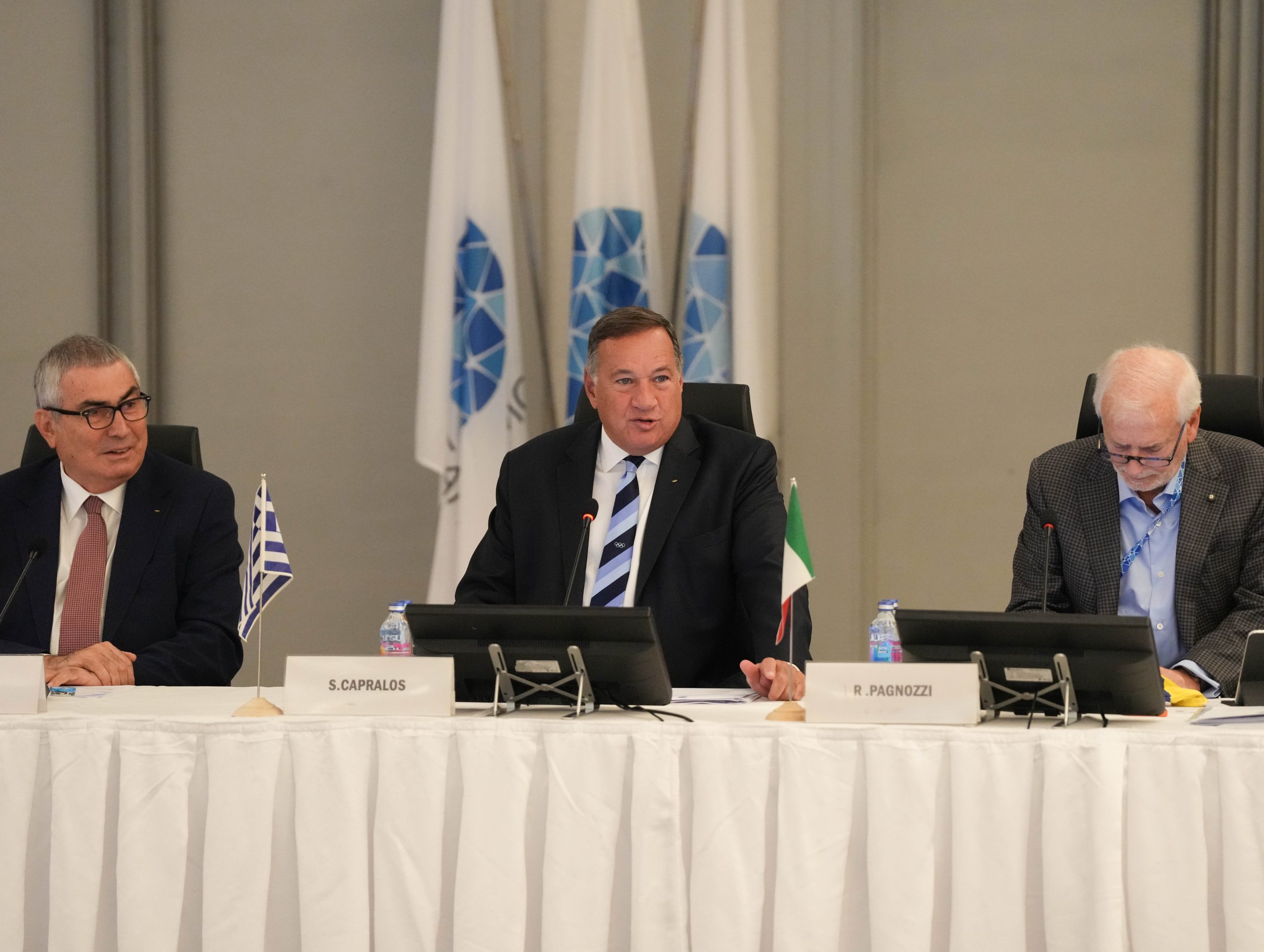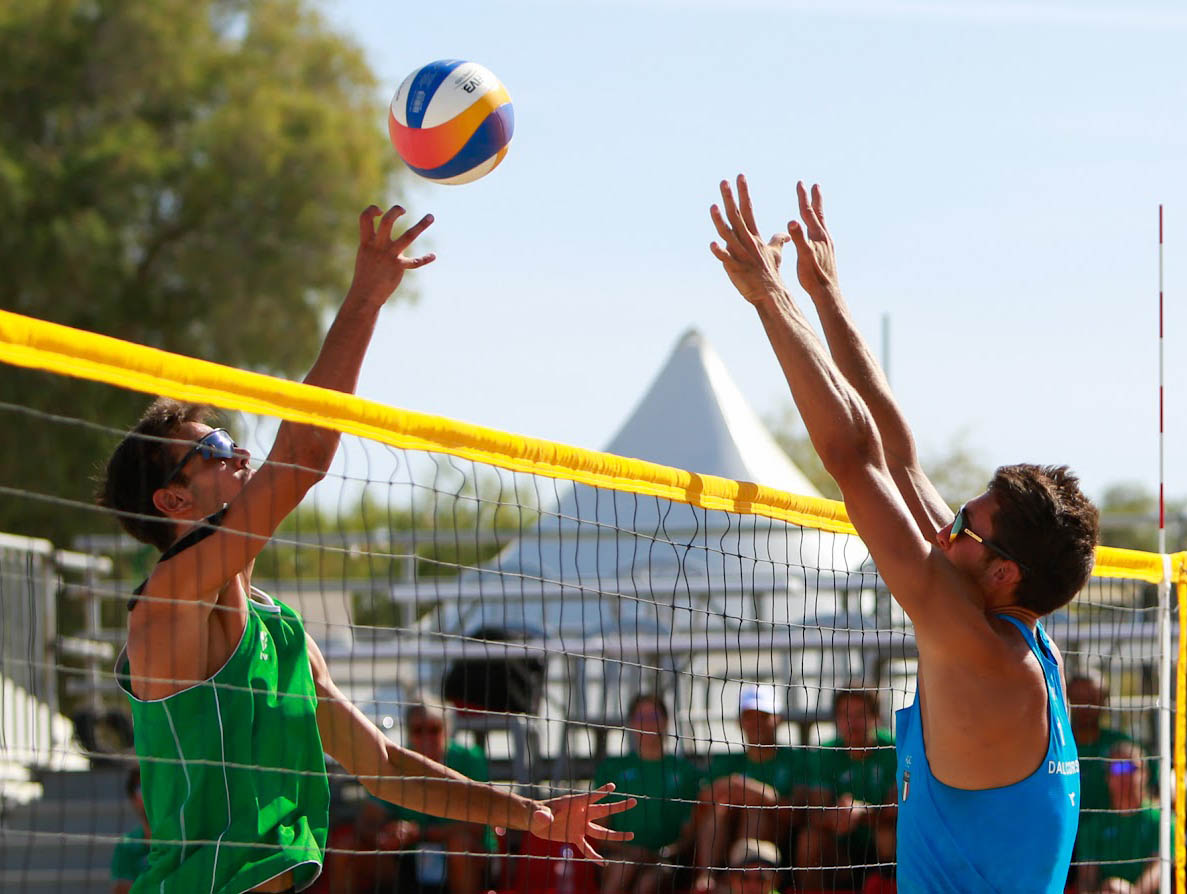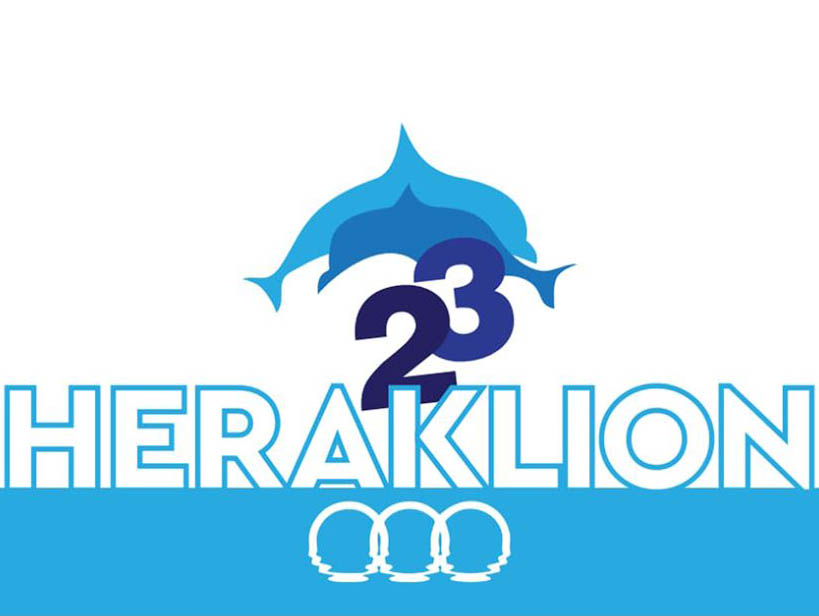1. Greek Council Presidency
On 1 January 2003 Greece took over the Council Presidency for the fourth time since its accession to membership of the EU in 1981. For the coming six months, it will now be the task of the Greek government to organise the meetings of the Council of Ministers and the European Council and to reach compromises in the negotiations.
As the priorities of their Presidency, the Greeks see the preparation for the EU enlargement, the continuation of the Lisbon Process for the strengthening of competitiveness, deepening immigration policy and work on the Convent on the future of Europe.
In relation to sports the following points should be mentioned:
· In the course of working out a proposal on the meaning and application of Article 151,4 of the EC Treaty (article on culture), the possible role of this article as a legal basis for sport as educational, cultural, leisure and economic activity should be stressed.
· the adoption of a Council Decision calling upon the European Commission to submit a report on the function of the Common Market in the areas of culture, audio-visual and sports by the end of the year
· the adoption of a proposal aiming at guaranteeing people with special needs access to cultural and sport infrastructures; this will happen in the framework of the European Year of People with Disabilities 2003.
In addition, the Greek Council Presidency has set itself the goal of regularly informing the Member States about the preparations for the Olympic Games in 2004 in Athens.
Beyond this, events with experts from politics, the sciences and sports organisations are planned on the subjects of “Women and Sports”, “Sports and People with Disabilities” and “Sports and Regional Development”.
2. EU Safety Regulations for Cableways
The second phase of a treaty-violation process has been initiated against eight Member States (Germany, Greece, Great Britain, Italy, Ireland, Luxembourg, the Netherlands and Austria). It will now be established why these Member States have not given notification of how they have transposed directive 2000/9/EC on cableways for passenger transport into national law. All Member States were obliged to comply with this directive by 3 May 2002 at the latest (Article 21 of the directive).
By way of the directive on cableways, EU-wide requirements were formulated regarding safety, health and consumer protection as well as the protection of the environment. These must be fulfilled in the construction, building and operating of new passenger cableways. Before this directive, national regulations for manufacturers of cableway facilities were in effect that varied widely in respect of technical and safety standards. This forced the manufacturers to keep to rules and regulations of the respective regulating country, which caused competitive disadvantages. On the whole, there were two reasons why the EU became active in this area. On the one hand, it wanted to create EU-wide safety standards; on the other hand it wanted to make the advantages of the internal market more easily usable for manufacturers of cableways.
The Commission will submit a report to the European Parliament and the Council on the application of this directive until 3 May 2004 at the latest.
3. Call for Projects DG EAC No. 33/02 Cancelled
The call for the submission of proposals for preparatory measures in the areas of anti-doping and youth that were published in July 2002 have been cancelled. No projects will be supported in the framework of the call DG EAC 33/02 under the budget line B3 1026.
The trigger for the suspension was the question that arose as to the legal basis for the financial implementation of the call. In 1998 the support programme EURATHLON was cancelled for the same reason. The Commission has informed the applicants about the end of the call.
4. Extension for the Support Programme YOUTH
With the new year 2003, the new 2003 user handbook – currently available only in English – and the new application forms for the EU action programme YOUTH enter into effect. The new documents can be downloaded from the respective YOUTH national agencies.
A special new feature in the YOUTH programme in 2003 is the possibility of having large-scale gatherings of young people (YOUTH Encounters) supported within the framework of Action 1 (youth meetings).
Support criteria for major projects:
Participants:
· min. 60 and max. 200 people (incl. social workers)
· young people should be between 15 and 25
· exchange must be multilateral, that is, partners from a minimum of eight different programme countries (at least two of them EU countries) must participate.
Duration:
between 6 and 12 programme days (excl. travel to and from)
Project content:
the major project must clearly have additional advertising utility for the YOUTH action programme.
The major project should cover the following central themes:
· general objectives and themes of the YOUTH action programme
· policy priorities in the youth area (see White Paper “New Momentum for the Youth of Europe”)
· the future of Europe
The measures should initiate intercultural learning processes and include general debates and workshops in which the young people can engage themselves in detail with the topics selected.
Support amounts:
· A maximum of 30% of the actual costs (maximum amount: 50,000 euros) directly related to the organisation of the project can be supported. The principle of co-financing applies. Contributions from other establishments can be made by means of cash or by providing staff or materials.
Extensions in the other actions of YOUTH:
Action 3
Projects should give proof of an intensified European dimension
in relation to:
-theme
-multinational implementation
-model character and transferability
-intercultural learning
-European citizen awareness
International network projects are supported with other fixed sums of 12,000, 9500 or 7000 euros, depending on the category. From now on international travel costs are also eligible for support.
For Future Capital, there will now be only two categories:
– Priority 1: 5000 euros for projects with a benefit for other young people or the local community
– Priority 2: 3750 euros for short-term personal projects
– Category 3 is eliminated
Action 5
For the project types (1-6):
1. Job shadowing
2. Visits for preparing projects
3. Partner contact seminars
4. Short study trips
5. Seminars
6. Training courses
incurring travel costs will only be supported with 70% from now on. All other financial regulations remain unchanged.

















